REVIEW: Filles du Roi is an entertaining, thoughtful reappraisal of French Canadian history
The Filles du Roi — women who travelled from France to what was then called New France in the 17th century — are important symbols in the French Canadian popular imagination. They were charged with establishing France’s presence in the “new world” by marrying the male settlers already there. A popular assumption (at the time, but still today) is that these women were sex workers, perhaps made because they were single women who mostly lived in cities. In his script for a new play produced by Théâtre français de Toronto (TfT) and performed at the Berkeley Street Theatre, Sébastien Bertrand dispels this rumour but also subverts their counter-image as chaste, devout martyrs to the French colonial project. He takes these women out of the symbolic realm, giving them fully formed identities.
The play, directed by TfT artistic director Karine Ricard, takes place in the hull of a ship throughout a 3-month journey across the Atlantic. We’re introduced to six women (and one man in disguise, played by Vincent Leblanc-beaudoin) who have chosen to make the crossing, and the show reveals their hopes for the future and their reasons for leaving. These women are both fleeing (a life of servitude, sexual trauma, and limited opportunities) and searching (for freedom, money, or a new start). Love figures strongly in their motivations, but so does money (i.e. survival), two things that for women of that era were inextricable.
Bertrand’s script covers a lot of ground, thanks to its seven passengers and their authoritarian, (but ultimately romantic) commander (played by Mathieu Bourrassa). As the women recount their romantic pasts, their stories are played out through scenes from Molière, whose lines Bernard has reappropriated — including The Miser, Marriage by Compulsion, and The School for Wives — turning their tales of disappointment and trauma into farce and reclaiming classical works that dominate French theatre for a contemporary work of gender critique. It’s a bold device pulled off brilliantly (in no small part due to the transitions choreographed by Geneviève Cholette). These sketches allow the characters to perform a cathartic kind of drag as they play caricatures of the lecherous, abusive, and oppressive men from their pasts. They also give the performers (a uniformly skillful cast) the chance to stretch their legs in some very funny parts.
The show veers from comedy to pathos — the most touching is the relationship between Armande (Mélie B. Rondeau) and Martine (Gloria Mampuya) for whom the trip is a last chance to be together before Martine succumbs to the necessity of marriage—and while the comedic moments are quite a bit more successful than the tragic, this may speak more to the audience on the night’s readiness to laugh than the script’s skill. This unevenness in tone is certainly forgiven by the quality of the performances (Geneviève Langlois as Dorimène, a jaded, gold-digging widow is a particular treat to watch) and the impressive evocation of the period by the production design and costumes (by Glenn Davidson and Sophie Duguin, respectively).
On the eve of their arrival, the women recount dreaming of a future world of glass and steel buildings, but more importantly of women’s liberation, in which they can love whom they want and pursue their interests beyond marriage. As the play’s final note, it feels a little more like a projection of (slightly outdated) feminist values than a a true reflection of women’s current circumstances. But these Filles du Roi did, and continue to, represent the future of “New France”: mothers, both symbolic and actual, of the now immense settler population. As the women leave the ship with their evocative boxes of feminine supplies gifted from the king (needles and thread, stockings, a comb), they also leave a sanctuary of female solidarity, one in which I was happy to travel.
Filles du Roi runs at Théâtre français de Toronto until November 12. Tickets are available here.
Intermission reviews are independent and unrelated to Intermission’s partnered content. Learn more about Intermission’s partnership model here.

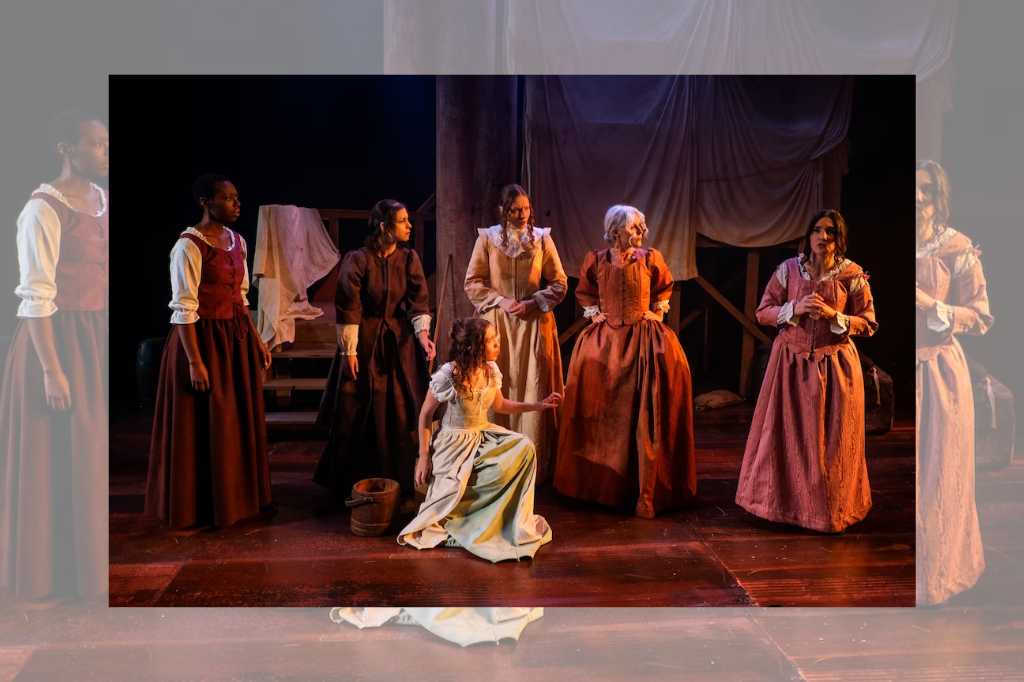

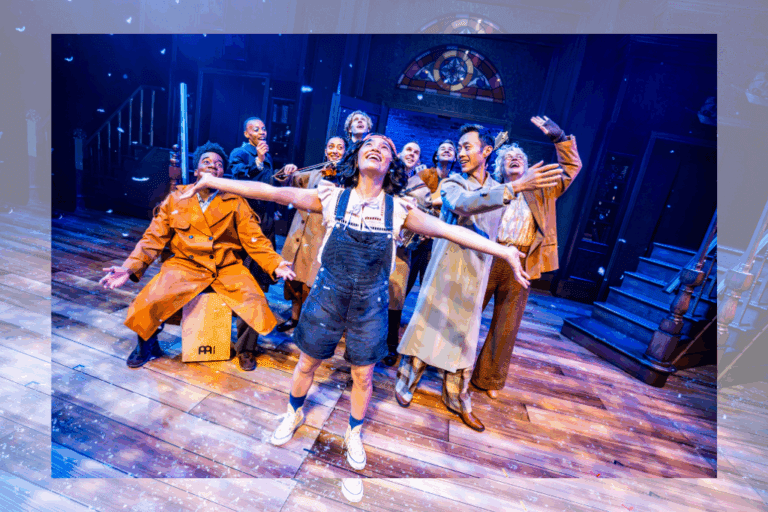

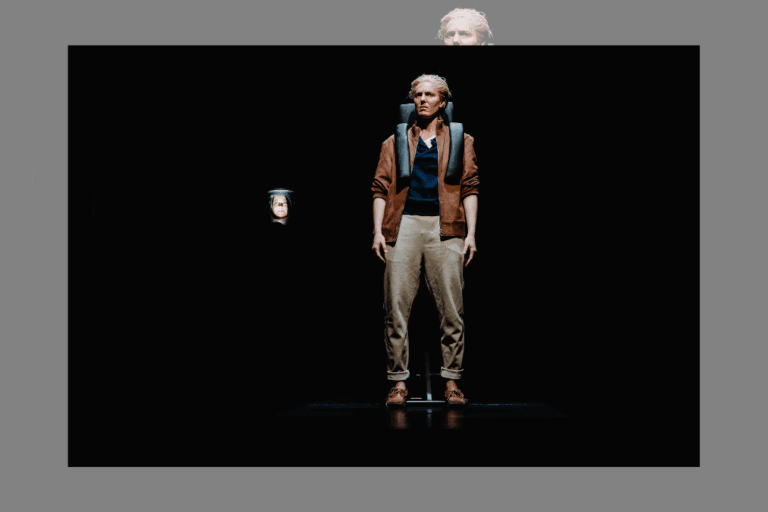

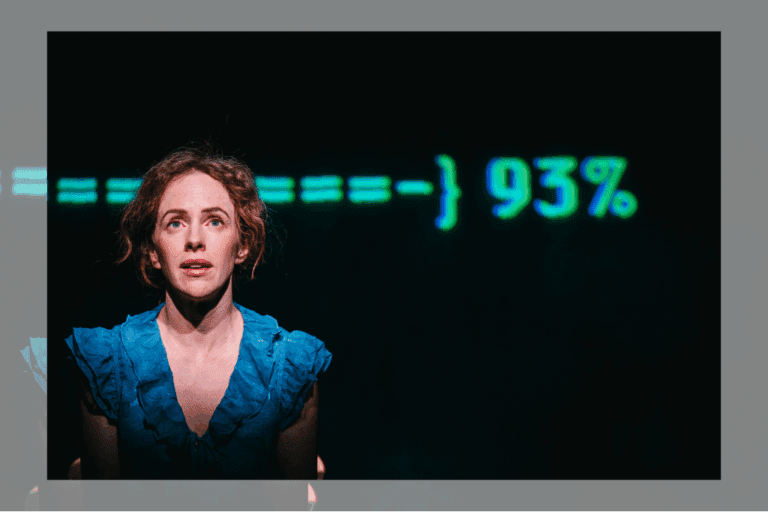





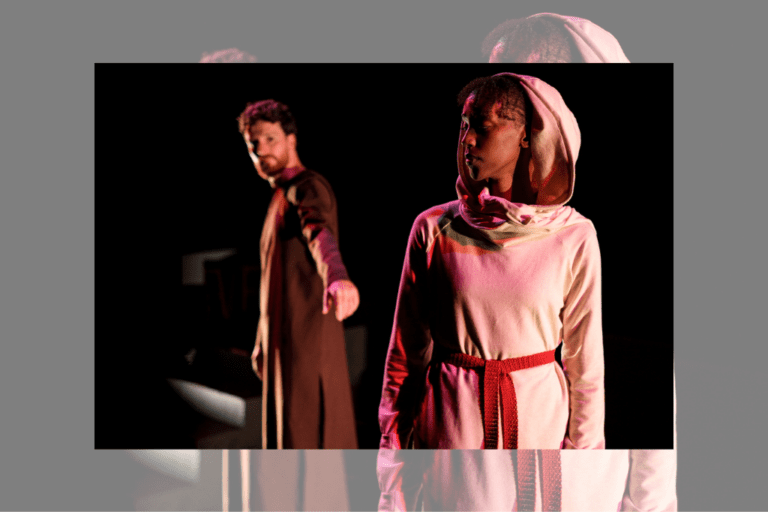
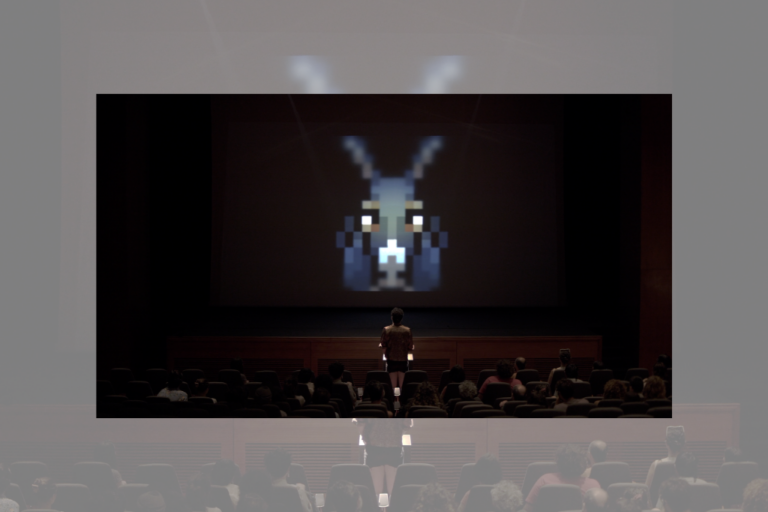
Comments